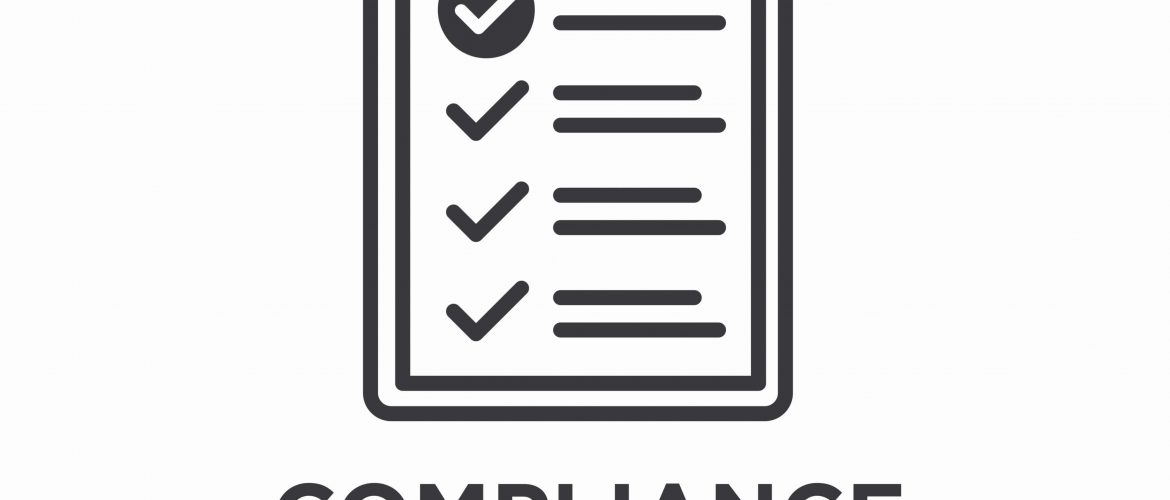Jeannine LeCompte, Publishing and Research Coordinator
All long-term care facilities (LTCs) are required by law to have both a Compliance and Ethics program and a Quality Assurance and Performance Improvement (QAPI) program. It is important for administrators and staff to understand what each program entails, as a failure to implement both can have serious legal and financial consequences.
A QAPI program is focused on the development of systems which look at the identification, reporting, investigation, analysis, and prevention of “adverse events” in a facility. A Compliance and Ethics program, on the other hand, is designed to prevent and detect criminal, civil, and administrative violations which fall under the legal definitions of fraud, waste, and abuse.
The existence and implementation of a QAPI program forms part of an LTC’s annual recertification submission to the state survey agency or federal surveyor. In addition, a QAPI program must be ongoing, comprehensive, and designed to address the full range of care and services provided by the facility. This includes looking at all processes and systems which deal with management practices, clinical care, quality of life, and resident choice.
The Centers for Medicare & Medicaid Services’ (CMS) State Operations Manual, F895, details the legal obligation to have a Compliance and Ethics program. The program must be designed, implemented, and enforced so that it is “likely to be effective” in preventing and detecting criminal, civil, and administrative violations under CFR Title 42—Public Health (“the Act”) and in promoting quality of care.
This Compliance and Ethics program must include an appropriate process to allow for the anonymous reporting of suspected violations, the setting of disciplinary standards, and the preparation of internal measures designed to ensure adherence to these rules.
In summary, a QAPI program is designed to ensure that all “adverse events” in an LTC are kept to a minimum. This is designed to deliver maximum standard of care. A Compliance and Ethics program is primarily designed to prevent instances of fraud, waste, and abuse, as defined by CMS and the Office of Inspector General (OIG).
















































